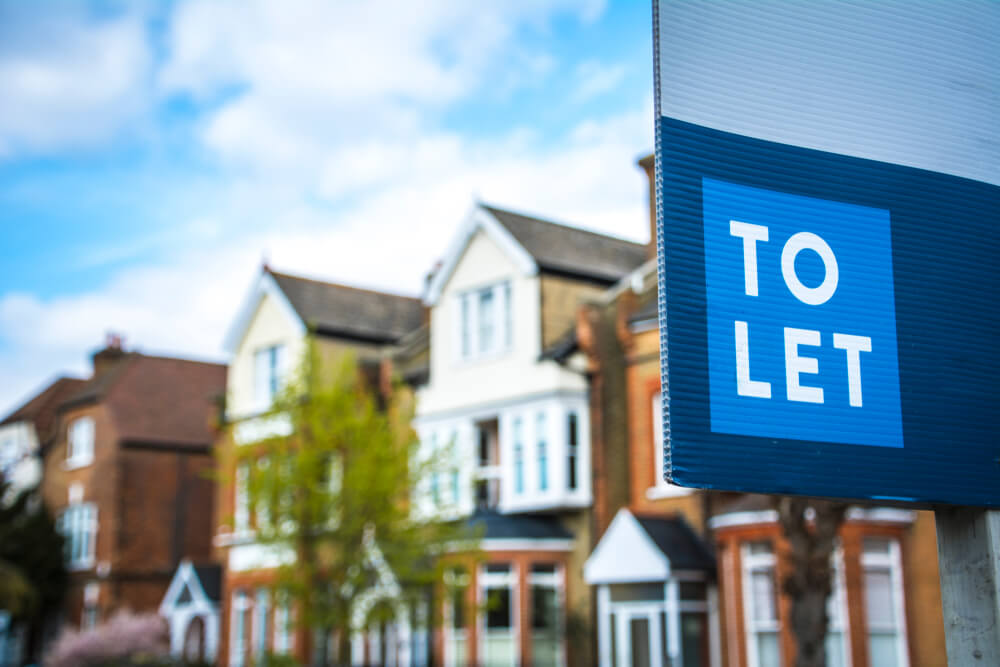

The Renters (Reform) Bill was introduced in Parliament on Wednesday, 17 May 2023 and aims to improve the private rented housing sector, specifically to deliver on the Government’s commitment to “bring in a better deal for renters”.
The headline news proposed by the Bill is the abolition of “section 21” notices of seeking possession under the Housing Act 1988. Currently landlords can rely on this type of notice to evict a tenant for no reason – this is why they are also known as “no fault evictions”. If these notices are abolished as the Bill proposes, landlords will have to use a different type of notice (under section 8 of the Housing Act 1988) and provide a valid reason to evict their tenants.
The Bill contains lots of other proposals that both tenants and landlords need to be aware of such as:
- Ground 8, one of the mandatory grounds for possession under section 8, has been amended so that a landlord cannot rely on it if the tenant’s rent arrears have accrued because of a delay to a payment of their Universal Credit. (There is no mention of delays in Housing Benefit payments which are also paid in arrears, though this may change as the Bill passes through Parliament.)
- Local authorities will be able to penalise landlords for unlawful eviction, with a maximum fine of £30,000.
- The introduction of a Private Rented Sector Ombudsman which will provide a route for tenants to make complaints about their landlords to an independent body.
- New grounds for possession under section 8, which mean although landlords will need a valid reason to evict their tenants, the potential reasons they have available to them will be wider.
- There is a new mandatory ground that landlords can rely on where the tenant has been in at least two months’ (or eight weeks’) worth of arrears on at least three separate occasions within the past three years. A landlord would not have to show that the tenant was in arrears at the date of the notice or the date of the hearing.
- It will also be quicker for landlords to evict tenants who are accused of anti-social behaviour – the notice periods for grounds 7A and 14 are to be reduced to only 14 days.
- There is also a new discretionary ground for landlords who want to sell their property or move into the property.
There are other changes noted in the discussion of the Bill that are not yet included in the text of it, as follows:
- To make it illegal for landlords to have blanket bans refusing to rent their properties to tenants who are in receipt of benefits or with children.
- The Decent Homes Standard, which has applied to social housing for many years, is to be applied to the private rented sector too.
The Bill does not propose a change to the position that there is no cap on the amount that landlords are able to increase rents to, as long as they are in line with market rent in the area.
Lawyers will be carefully scrutinising the details of the Bill as it makes its way through Parliament, so keep an eye out for further articles or updates from us on the subject. In the meantime, if you are a landlord or tenant and require advice on housing matters, please contact us on 020 3440 8000 or enquires@tvedwards.com.








